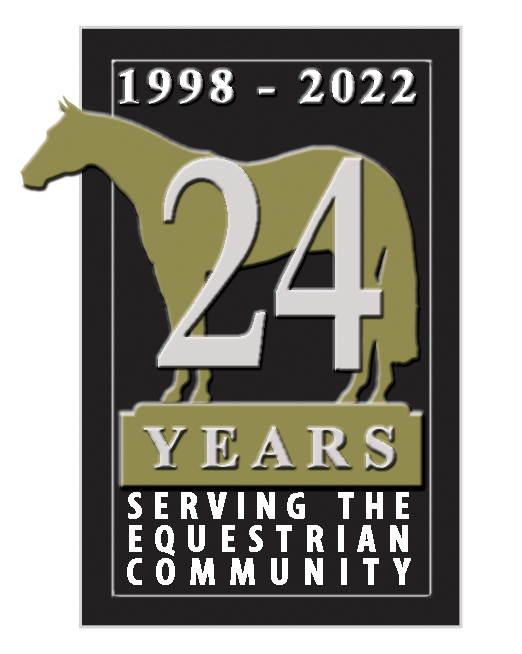New Transportation Requirements for Horses Traveling to Colorado
May 17, 2011The Colorado Department of Agriculture has implemented new travel requirements for horses entering the state due to the spread of Equine Herpesvirus (EHV-1).
“We are considering all of our options for protecting Colorado’s horse industry. At this point, we do not believe it’s necessary to stop horses from entering the state but we need to be able to know where those horses are coming from and where they are going; traceback is a vital part of disease control,” said State Veterinarian, Dr. Keith Roehr.
New Travel Requirements for Horses Entering Colorado
Standard requirements for horses entering Colorado include a health issued certificate within 30 days of their arrival and a negative Coggins test within 12 months. The new requirement consists of a permit to enter the state. Horse owners who wish to bring their horse into Colorado must first call their veterinarian. That veterinarian can then contact the Colorado Department of Agriculture’s State Veterinarian’s Office at (303) 239-4161 and request a permit number. That number would then be included on the health certificate.
Additional Travel Tips for Horse Owners Traveling To or From Colorado
1. Consider the disease risk before transporting horses.
2. Contact the State Veterinarian’s Office of the destination state to find out if travel requirements have changed for that state.
3. Call organizers of the event to see if they have new health requirements or if it has been cancelled.
4. If traveling, practice appropriate biosecurity measures. Biosecurity tips may be found at www.colorado.gov/ag .
5. Isolate any new animals and those returning to the home premises for three weeks when possible.
6. Use separate water, feed supplies and equipment.
7. Continue to monitor the CDA webpage at www.colorado.gov/ag for further information to aid in the decision making for transporting horses.
If your horse attended the Ogden, Utah event:
CDA encourages all horse owners who attended the Ogden, UT, event should notify their veterinarian and isolate and monitor their horses for clinical signs of the disease. These horses should have their temperature taken twice a day. Horses with elevated temperature can be sampled by a veterinarian to analyze whether their horse is shedding EHV-1. Individual horse and barn bio-security is very important. Some horses may not show signs of the disease but may still be a carrier. Those owners are also encouraged to restrict movement of their horses.
General Disease Information
EHV-1 is not transmissible to people; it can be a serious equine disease that can cause respiratory, neurologic disease and death. The most common way for EHV-1 to spread is by direct horse-to-horse contact. It can also be spread by contaminated tack, equipment, and people’s clothing. In addition, the virus can be spread through aerosols (airborne) for a limited distance.
Symptoms include fever, decreased coordination, nasal discharge, urine dribbling, loss of tail tone, hind limb weakness, leaning against a wall or fence to maintain balance, lethargy, and the inability to rise. While there is no cure, the symptoms of the disease may be treatable.
Horse owners should isolate any sick horses and immediately contact their veterinarian. Any individual horse with clinical signs consistent with neurological EHV-1 infection should be removed immediately from the area and placed in a separate enclosure for isolation.
Questions?
The Department has received numerous calls from veterinarians, horse owners and media. To help facilitate a timely response, please see the following list.
1. If you want to get your horse tested: contact your local veterinarian.
2. If you are a horse owner and have questions about the disease, testing, or other aspects of the investigation:
a. Contact your local veterinarian
b. Dr. Kate Anderson, 303-239-4161, Kate.anderson@ag.state.co.us
c. Dr. Carl Heckendorf, 303-239-4161, Carl.Heckendorf@ag.state.co.us
3. If you are a media outlet and would like an interview: contact Christi Lightcap, 303-239-4190, Christi.lightcap@ag.state.co.us

